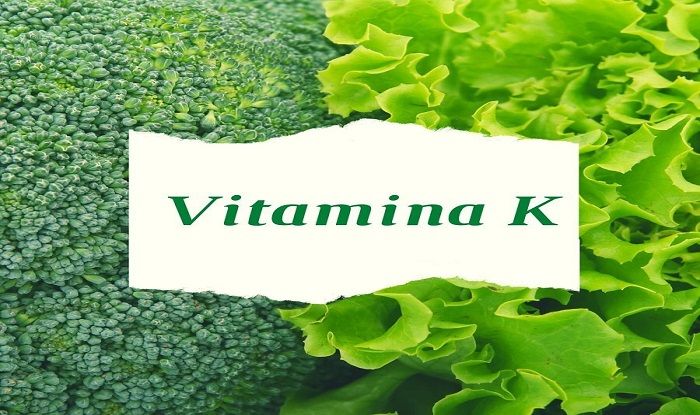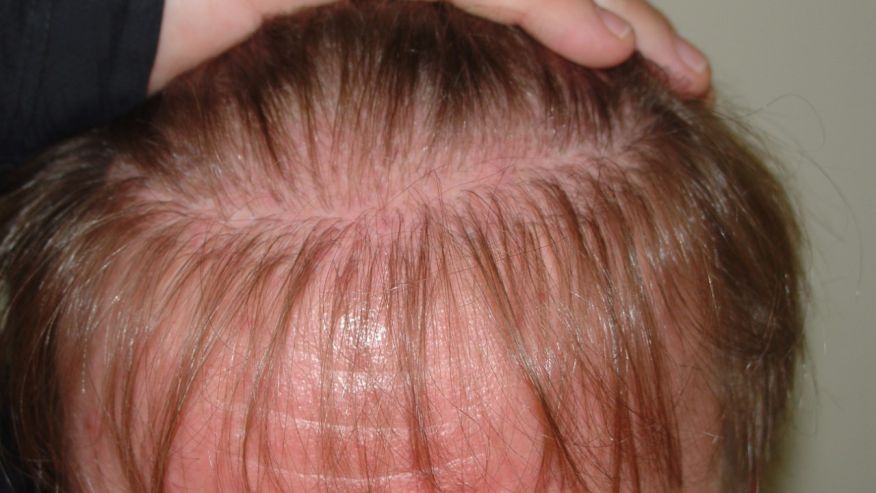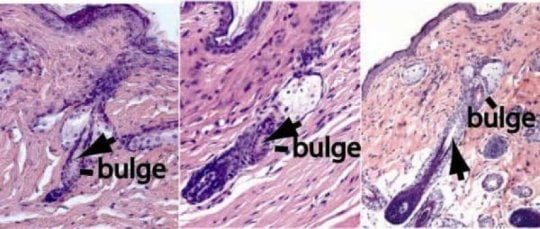
Vitamin K is a significant nutrient that belongs to the group of fat-soluble vitamins. It helps in the production of a protein called prothrombin, that plays a key role in blood clotting and metabolism of bones. Without vitamin K, your body cannot produce this essential clotting factor and you may experience excessive bleeding after even a minor cut.
Generally, newborn and people with malabsorption problem are vitamin K deficient. This can lead to bleeding in the skull and can be fatal. That is why new moms are advised to have vitamin K rich foods so that their babies can get the nutrient through breastfeeding.
Vitamin K also helps in improving bone density and reducing the risk of fracture. Additionally, people with a high level of this nutrient in their blood have been found to have the highest verbal episodic memory performance. Vitamin K is good for your cardiovascular health too as it regulates your blood pressure and prevents minerals from accumulating in the arteries. Here we tell about certain food items that you must have on a daily basis to avoid suffering from complications of vitamin K deficiency.
Foods Rich in Vitamin K
Vitamin K is of two types namely vitamin K1 (phylloquinone)and vitamin K2 (menaquinone). The former is majorly found in plant-sourced foods. However, the latter is present in animal-sourced foods. Kale, mustard greens, spinach and broccoli are packed with vitamin K1. Notably, 100 grams of kale contains 817 mcg vitamin K. Whereas 100 grams of mustard green contains 593 mcg of this nutrient.
On the other hand, beef liver, pork chops, and chicken are packed with vitamin K2. Fatty meats and liver are the richest sources of vitamin K2. You can also have bacon, duck breast, and chicken liver to get a good amount of this nutrient.
source: india




















